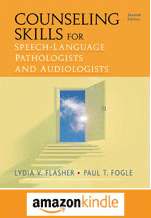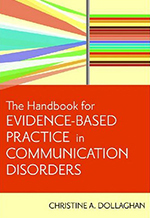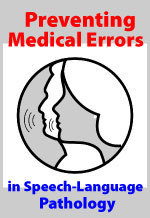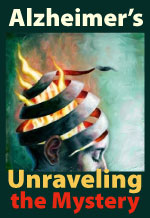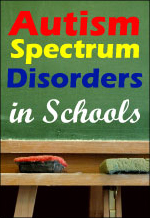Kansas-licensed Speech-Language Pathologists (SLPs) and Audiologists renew every 2 years on October 31st. 20 hours of continuing education (CE) are required to renew. Course content must be relevant to practice and meet board guidelines (below). All 20 hours may come from ASHA-approved online courses (as long as content guidelines are followed).
—
Each applicant for renewal of a license shall have completed the required clock-hours of documented and approved continuing education during each licensure period immediately preceding renewal of the license. Approved continuing education clock-hours completed in excess of the requirement shall not be carried over to the subsequent renewal period. There shall be 20 hours of approved continuing education required for each applicant holding a single two-year license and 30 hours required if the applicant is licensed in both speech-language pathology and audiology.
Online courses (self-study) must have an examination or measurement tool to determine successful completion of course. Clock hours awarded as determined by sponsor. Courses must be sponsored by nationally recognized professional organization. The department reviews activity for content and clock hours.
Content and objectives must be related to the practice of speech-language pathology and audiology.
CONTENT AND OBJECTIVE OF CONTINUING EDUCATION ACTIVITIES
Basic Communication Processes: Normal Development and Use of Speech-Language and Hearing including but not limited to:
- anatomic and physiologic bases of the normal development and use of speech, language and hearing
- physical bases and processes of the production and perception of speech, language and hearing
- linguistic and psycholinguistic variables related to normal development and use of speech, language and hearing
- technical, bromedical, engineering and instrumentation information
Professional Areas: Disorders of Speech, Language and Hearing including but not limited to:
- various types of communication disorders, their manifestations, classifications and causes
- evaluation skills, including procedures, techniques and instrumentation for assessment
- management procedures and principles in habilitation and rehabilitation of communication disorders
Related Areas: Understanding human behavior, both normal and abnormal, services available from related professions which apply to practice of speech-language pathology, audiology or both including but not limited to:
- theories of learning and behavior
- services available from related professions dealing with persons having disorders of communication
- information about professions concerning sensory, physical, emotional, social or intellectual states of children or adults
- general principles of program management, professional ethics, clinical supervision, counseling and interviewing
PROCESS FOR CONTINUING EDUCATION REVIEW
You must keep all CE documents (certificates, course content, objectives, time-frame agenda) in the event your renewal is randomly selected for CE review, but only then must you submit the information.
The attestation statement on your renewal application form replaces the CE transcript previously required. The online renewal option also includes a CE attestation statement instead of a CE transcript.
ASHA Programs Are Not Automatically Approved
Please retain certificates, course content, objectives, time-frame agenda in the event your renewal is randomly selected for CE review. ASHA evidently expanded their approvable content topics. Some topics may no longer meet Kansas regulatory requirements.
Kansas – Health Occupations Credentialing – Speech-Language Pathology and Audiology Resources: http://www.kdheks.gov/hoc/slpa.html
Related articles
- Counseling Skills for Speech-Language Pathologists and Audiologists (pdresources.wordpress.com)
- Communication Sciences and Disorders (psypress.com)
- Student Guide to Becoming a Hoarder (of Information!) (iteach2talk.wordpress.com)



